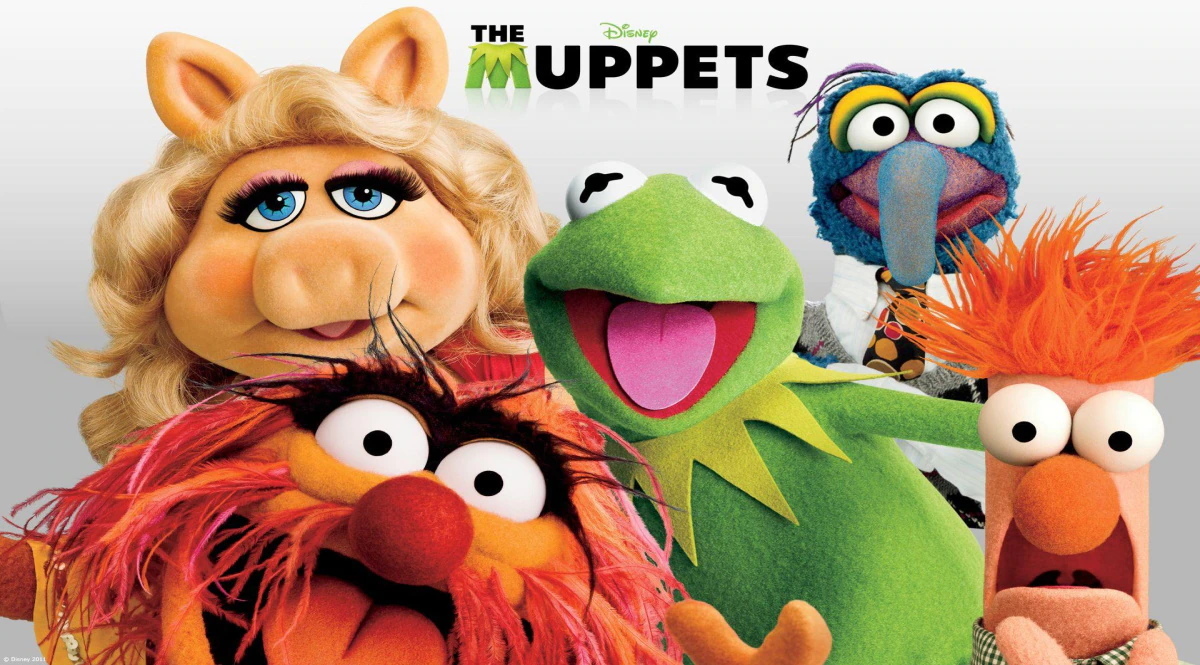When an ensemble of characters transcends the historical era from which they originally emerged, it is safe to say they have become timeless. In American pop culture, this is especially the case for characters who have impacted and defined an entire medium.
RELATED: The Most Motivational Star Wars Quotes from a Galaxy Far, Far Away
For example, while animation is a diverse medium told from a multitude of viewpoints, and several modern cartoon characters have entered the American cultural zeitgeist, no group has impacted the medium as much as the likes of the classic Disney gang (Mickey and Minnie Mouse, Pluto, Donald Duck, Goofy, etc.) and the Looney Tunes.
Likewise, comics are capable of telling plenty of different stories, but in America, they are destined to being associated with newspaper strips like Peanuts and Garfield, as well as superheroes like Superman, Batman, and Spider-Man. The Muppets are the Looney Tunes and superheroes of puppetry, and unlike those groups of characters, they still overwhelmingly dominate their medium.
Who Are the Muppets?
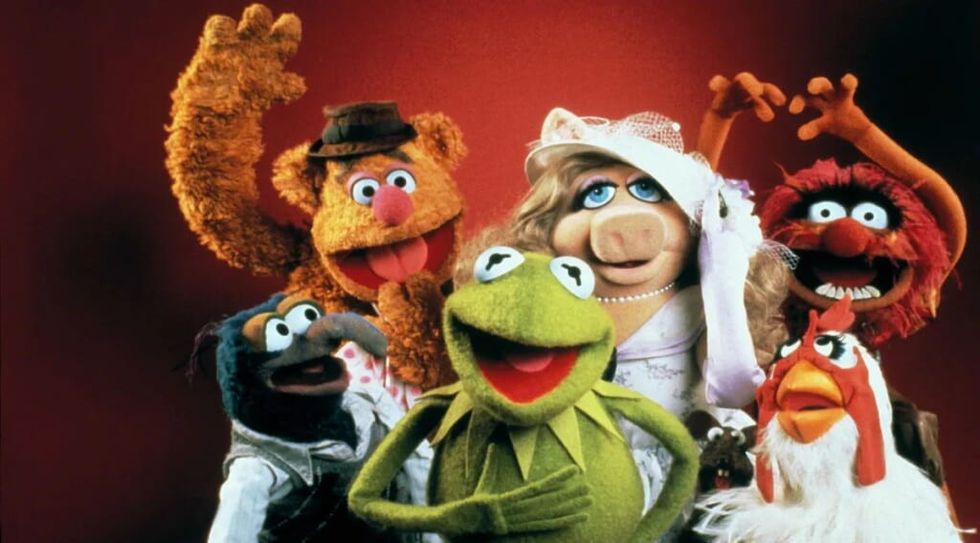
The Muppets are a group of puppet characters originally created by Jim Henson in the 1950s. However, the “Muppet” name would not receive cultural prominence until the late ’60s when Henson decided to work on Sesame Street. The Muppets would become permanent contributors to pop culture once Jim Henson’s innovative approach to puppeteering was made clear.
The integration of the theater stage into the television, the flexible mechanical amalgamations used to create different puppet types (hand-rod, live-hand, and full-body), in addition to the absurd yet heartfelt writing and performances, turned Henson and his posse into household names.
While the term “Muppet” is generally used for all characters created by the Jim Henson Company and similar-looking puppet characters, it officially refers to the colorful, cartoonish casts of The Muppet Show (and its successors), Sesame Street, and Fraggle Rock.
When and Why Did The Muppets Become So Popular?
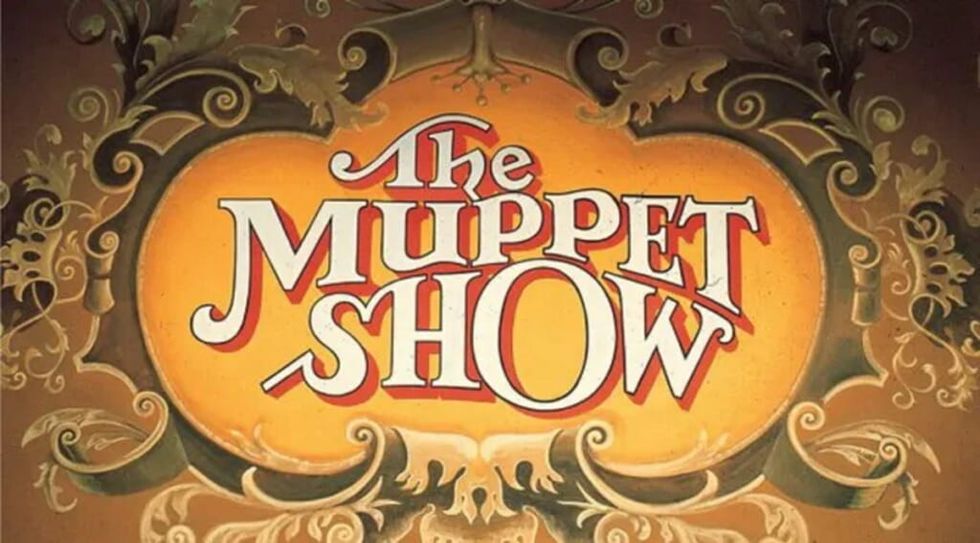
The Muppets were among the main stars in American entertainment throughout the ’70s and ’80s, with their popularity being comparable to that of Star Wars and classic Saturday Night Live. Sesame Street changed televised edutainment forever, and is to this day a regular part of growing up in North America.
The Muppet Show, on the other hand, had the honor of becoming the most widely seen television show in the world at the time, attracting an estimated 235 million viewers. The producers went from begging celebrity guest stars to appear on the program to being overwhelmed by the same celebrities yearning for a role in an episode.
RELATED: The Dark Reason Matilda’s Mara Wilson Quit Acting – And the Light She Found on the Other Side
Although the Muppets were created 20 years prior to The Muppet Show’s premiere, the variety sketch series is what truly put Jim Henson’s felt creations on the radar. Excluding a few characters such as Kermit and Rowlf, most of the core Muppets were either made for the show’s pilots, or the show itself. The Muppets’ artistic identity finally flourished, and their filmography in the ’80s shows their strength outside of the traditional comedic skits.
Of course, all good things must come to an end, but some endings are more unexpected and disruptive than others. In the late ’80s, the future was looking bright for the Muppets. Jim Henson was fascinated by the new technology of computer-generated imagery, making it tempting to wonder what his thoughts on Pixar would have been. Additionally, Henson was planning on selling his company to Disney, feeling that the Muppets would be in good hands under the Mouse’s leadership. Life, unfortunately, would soon take a darker turn.
What Happened to The Muppets after Jim Henson’s Death?
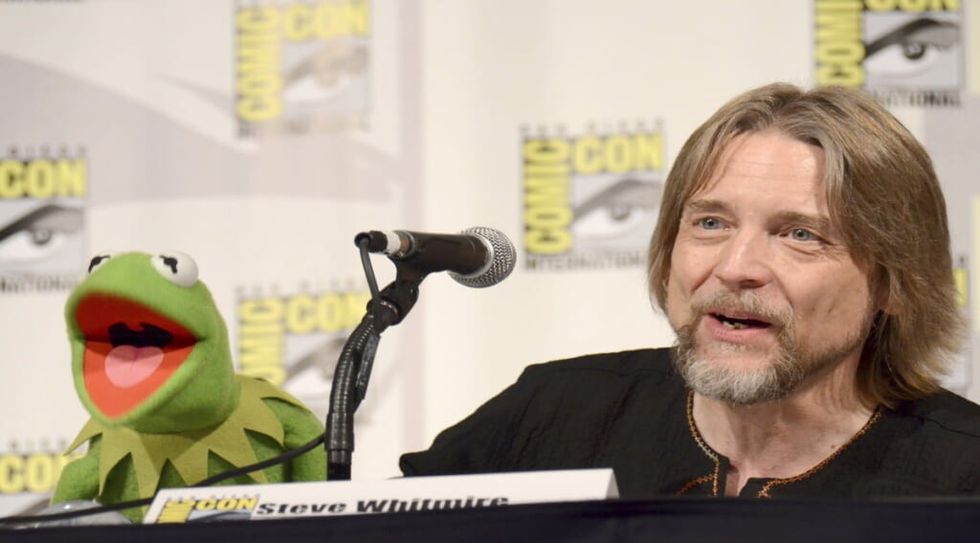
Henson no longer being in this world affected fans and the people that worked on his productions. A loss of this caliber was comparable to Walt Disney’s own passing in 1966. The Jim Henson Company would be hindered by its founder’s absence, albeit not as dramatically as the impact Walt’s death had on his own company. Disney’s deal with Jim Henson was postponed following the tragic news, and it would take nearly 15 years for Henson’s idea of Disney owning his characters to come into fruition.
People were devastated, but Henson’s legacy motivated them to keep going. This approach had mixed results, mainly due to having to accommodate Henson’s absence and the realization that the Muppets, like all creative works, are the product of cooperation, and Henson was not the only important member of the crew.
RELATED: Ewan McGregor’s Response to Racist Star Wars Trolls Attacking Moses Ingram Was Powerful – But Sad
Two years after Jim Henson’s death, Richard Hunt, one of the Muppets’ key performers since 1970, became the next Muppet-related person to pass away. Losing two of the main performers in the span of a couple of years was disastrous, especially when looking at all the characters they played.
Some of them were quickly recast. Steve Whitmire, Rizzo’s creator and performer, took over the roles of Kermit and Beaker, while Jerry Nelson and Dave Goelz started playing Statler and Waldorf. Henson and Hunt’s other characters, including their “avatars” Rowlf and Scooter, as well as their respective Electric Mayhem members, were semi-retired and relegated to cameos for the rest of the decade. Due to being a breakout character, Animal was the only Electric Mayhem member to be given big roles in the ’90s.
Why Did The Muppets Decline in the 1990s?
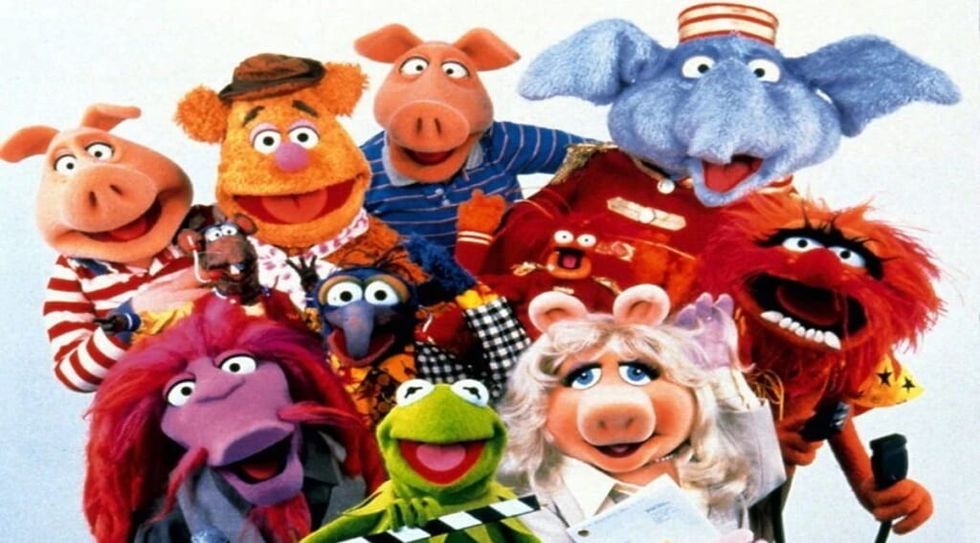
The 1990s in Muppet history were notable for spearheading ideas that could be described as “interesting.” Brian Henson, Jim’s third child and a performer on past Muppet projects, assumed the leadership role. His feature directorial debut, The Muppets Christmas Carol, is also the first of many. It was Steve Whitmire’s first appearance as Kermit, and the first Muppets work to be produced by the Walt Disney Company, hinting at its future involvement with the franchise.
The film is considered a holiday classic, and revived a Muppets tradition of adapting famous stories. The franchise’s second film of the decade, Muppet Treasure Island, would take a similar direction, but the fun would be over after a few years. Indeed, the second half of the ’90s would prove to be turbulent for the Muppets.
RELATED: Does Johnny Depp’s Rumored ‘Beetlejuice 2’ Role Set a Dangerous Precedent for Hollywood Redemption?
At the time, Muppets Tonight was meant to be a contemporary take on The Muppet Show’s legendary formula, with the recurring sketches and celebrity guest stars making a return. The show encountered some issues that would lead to its initial failure, however. For one, the core cast was radically minimized.
Instead of Kermit, the host of the show was Clifford, a purple humanoid Muppet performed by Kevin Clash. Clifford appeared in previous specials, was the last Muppet designed by Henson, and his performer’s career was experiencing a breakthrough as Elmo, whose modern personality and voice were conceived by Clash, began eclipsing his Sesame Street brethren in popularity. Having Clifford in the show makes sense, but replacing a host as iconic as Kermit was bound to be polarizing.
Aside from the most important members of the cast, such as the aforementioned frog, Miss Piggy, Fozzie Bear, Gonzo, and Rizzo, who was becoming more popular during the ’90s, the original Muppets are not given much to do. A lot of screen time was dedicated to entirely new characters envisioned by Brian Henson and Bill Barretta. The overabundance of new characters at the expense of the ones everyone loves would doom Muppets Tonight.
What Made Muppets from Space So Different?
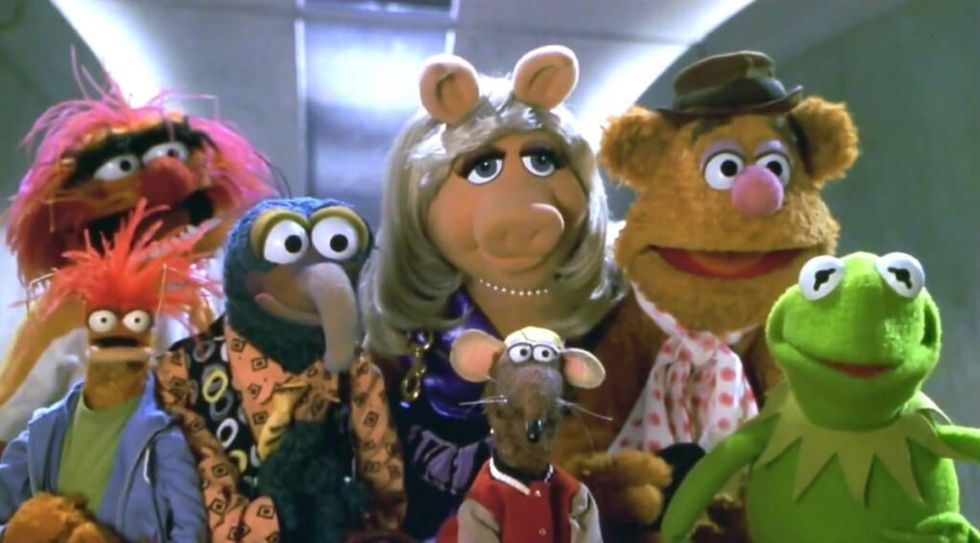
Very few Muppets Tonight newcomers would remain in the cast following the show’s cancellation. Crazed scientist Dr. Phil van Neuter, the Sinatra-like Johnny Fiama, and his simian associate Sal Minella would get minor roles before taking a hiatus in the mid-2000s, while Bobo, a passive, realistic-looking bear, became a recurring character.
The biggest winner is undeniably Pepe the King Prawn, a lascivious crustacean with stardom aspirations. Pepe was originally paired with an elephant named Seymour, but his partner was quickly ditched, turning him into his own solo act with enough potential to be a member of Muppets from Space’s main cast alongside the most popular Muppets of them all.
Muppets from Space was different from any other cinematic entry in the franchise, and for a lot of people, that was to its detriment. Pepe being a “core” Muppet irritated older fans, Gonzo’s story was derided for clashing with the long-lasting message of embracing one’s individuality that his character represents, and the soundtrack consisting of 1970s hits instead of original songs left audiences bewildered. Even Kermit the Frog himself criticized the picture in an interview.
While it has its fans, the film’s decidedly mixed reception made it the last Muppet movie for a while and the final nail on the coffin for Frank Oz, who began slowly leaving the Muppets to pursue other endeavors.
What Happened to the Muppets at the Turn of the Millennium?
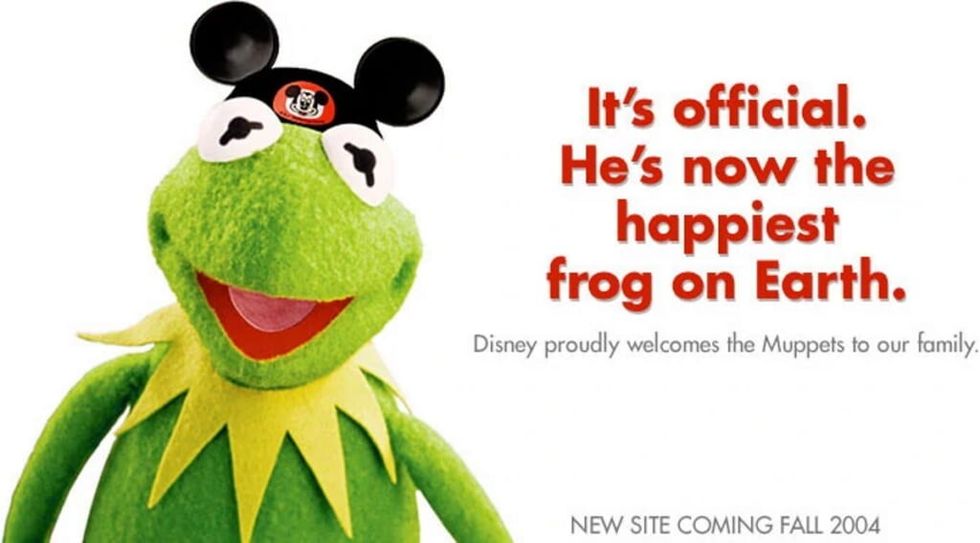
The 2000s were the driest decade for the Muppets, with no theatrical movie or television show being made during that time. There were nonetheless some positive parts of that history that kept the franchise going. After Frank Oz decided to semi-retire to pursue directing, his characters were slowly recast. This proved to be challenging due to Oz bringing some of the most memorable and prominent characters in both The Muppet Show and Sesame Street to life.
In the end, Eric Jacobson was chosen to replace Oz in all his major Muppet roles (Piggy, Fozzie, Animal, and Sam the Eagle). The recasting of Oz’s characters gave the Jim Henson Company an opportunity to bring back Muppets that were dormant in the ’90s. Throughout the decade, the large ensemble everyone knows and loves wound up reunited. Bill Barretta, David Rudman, and Matt Vogel respectively ended up as the primary replacements for Henson, Hunt, and Jerry Nelson, character-wise.
RELATED: Weird Al Lacks One Key Thing Most Other Stars Have – Could It ‘Ruin’ His New Biopic?
The early 2000s saw the 25th anniversary of The Muppet Show, prompting Palisades, known for their meticulously sculpted figures, to produce a toy line based on the series. A figure of almost every remotely important Muppet, including some of the ones created after The Muppet Show ended, was released in a series of waves. Several accessories were included with each character, and Palisades even produced color variations of the figures.
Additionally, there were playsets of iconic settings, like the theater itself, Muppet Labs, and the Swedish Chef’s kitchen. Despite Palisades’ ambitious production cycle leading to its bankruptcy, its Muppets products are often cited as among the most impressive pieces of Muppets merchandise ever made. The toy line is still sought after to this day.
What Problems Still Remain for The Muppets?
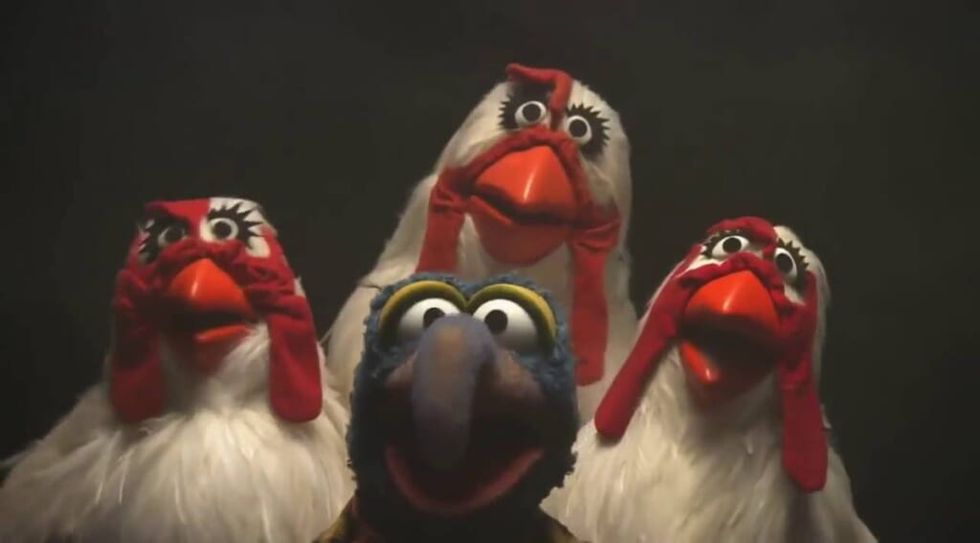
The Muppets were getting their act back together behind the scenes, but their actual output was arguably the weakest in the series’ history. It’s a Very Merry Muppet Christmas Movie is known for bringing back several semi-retired Muppets originally performed by Henson and Hunt. Beyond that, it was overshadowed by the older Muppets Christmas specials.
The world saw The Muppets’ Wizard of Oz a year after Disney finally bought the franchise. Unlike the book’s famous 1939 adaptation, this TV special was criticized for its main star’s acting and the forced adult humor, putting the series in an more dire creative spot. Even The Muppet Show’s long-awaited DVD release could not mitigate The Muppets’ Wizard of Oz’s sour reception, especially since the fourth and fifth seasons were infamously never released.
After a decade of the characters forcing themselves to stay relevant, the Muppets’ YouTube channel posted a parody of Queen’s “Bohemian Rhapsody”, featuring a recognizable and large cast. It was the first time the Muppets collaborated as a huge group since the last years of Jim Henson’s life.
The video went viral. Covering a song from the era in which the Muppets were at the peak was the ideal way of attempting another comeback. Released in the last stretch of the 2000s, the video solidly ended the decade. Similar to the late ’80s, the Muppets’ future was far from bleak; but unlike in the late ’80s, the series was able to make use of some of that potential.
RELATED: Dr. Seuss’ Most Memorable Book Characters – And Ones You Might Want to Forget
The Muppets and Their Much Happier 2010s
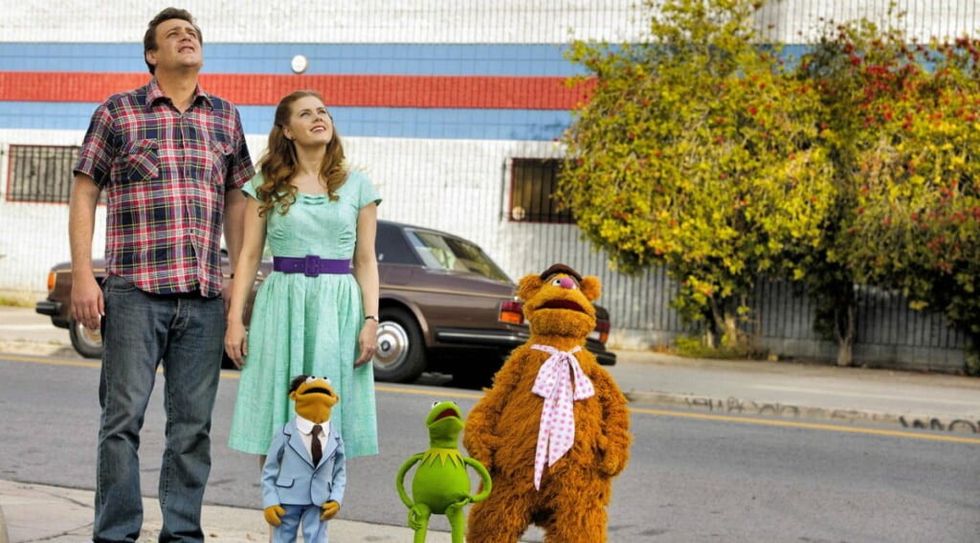
The 2010s will likely be remembered as a divisive decade, but they were certainly an improvement over the aughts for the Muppets. In 2011, Disney would release the first theatrical Muppets movie in over a decade, simply titled The Muppets, with Freaks and Geeks and How I Met Your Mother alumni Jason Segel starring and co-writing.
On both a critical and commercial level, the film was the most successful Muppets work in a long time. Its Muppet Show-centric story might be alienating to fans of the series’ other projects, but it proved that the Muppets stayed with us because of their strength as characters, and not just nostalgia. Behind the ludicrous sketches and bug-eyed characters lies a group of characters with hope, heart, and full of acceptance. The 2011 film reflected those values.
It was at this point that the “modern” Muppets era truly began. Due to Gen X and older millennial celebrities now being most of the guest stars, people that grew up with the Muppets can now perform with them, adding another layer of appeal.
RELATED: The Lord of the Rings Cast Are Still Saving the World in Magical Ways – Here’s Where They Are Now
Even later struggles could not kill their newfound popularity. Jerry Nelson’s tragic death was not as unexpected as the Muppet crew’s past losses, and his characters were thankfully under good hands at that point. Muppets Most Wanted, released three years after the Segel-led reboot, was not nearly as commercially successful as its predecessor but still got favorable reception. Unfortunately, it is currently the last theatrical Muppets film, but it did not kill the possibility of future projects of that kind.
The 2015 TV show — also called The Muppets — and what followed it were probably the most troubling parts of modern Muppet history. The show was canceled early in its run. As a cynical single-camera workplace sitcom à la The Office, it did not attract enough viewers, who were used to the Muppets’ anarchic sketch comedy and more idealistic tone. The same year the show got canned, Steve Whitmire was fired due to internal disputes, leaving Rizzo without a performer to this day and forcing Kermit to be recast once again.
The series still confidently lives on even with these hardships. The Muppet Show was finally released on Disney+, Muppet Babies got a well-received reboot — a rarity in this nostalgia-obsessed era of pop culture — and an improvisational show in the form of Muppets Now was produced. Jim Henson’s legacy is honored on the Internet and in American museums, and having these characters appear in an event is almost guaranteed to attract more people, hence the frequent demand to have the Muppets host the Oscars.
Why The Muppets Keep Brightening Our Day
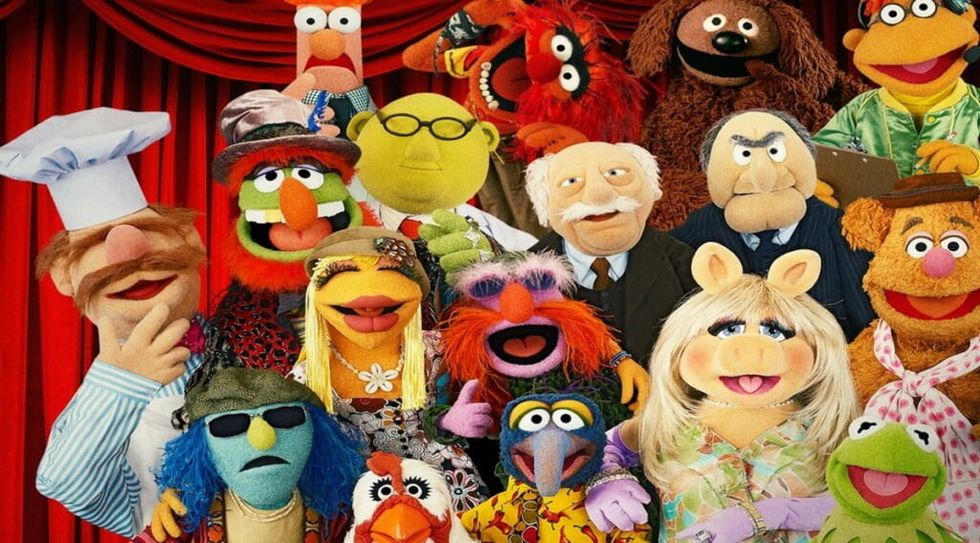
The Muppets may have been reduced to a subculture after their creator left this world, but they were eventually retooled and restored their historical spot in pop culture. Their older fans are the ones with the platforms, they keep getting newer fans as their media becomes more accessible, and they are unlikely to disappear from the public consciousness anytime soon.
Ironically, Disney dismissing the franchise in favor of Marvel and Star Wars is rather beneficial. The Muppets are at a point where they are popular enough to regularly get projects, but not profitable enough to dominate movie theaters like the other properties bought by Disney. They are unlikely to become targets of the ludicrous conversations that can be had about Marvel and Star Wars, essentially painting them as classic stars that just want to do what they do best: entertain.
People’s love for the Muppets spans generations and demographics. In an increasingly gloomier world, they are the perfect way to make people smile, if only for a minute. The golden era of The Muppet Show is long gone, and only one original Muppet performer is still part of the cast, but the rainbow connection lives on.
KEEP READING:
Who Was the REAL Dr. Seuss – And Is His Legacy Positive… or Problematic?
Credit: Source link
